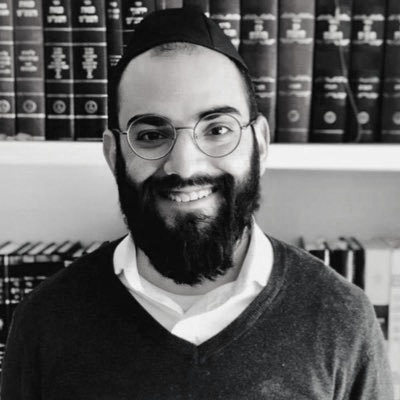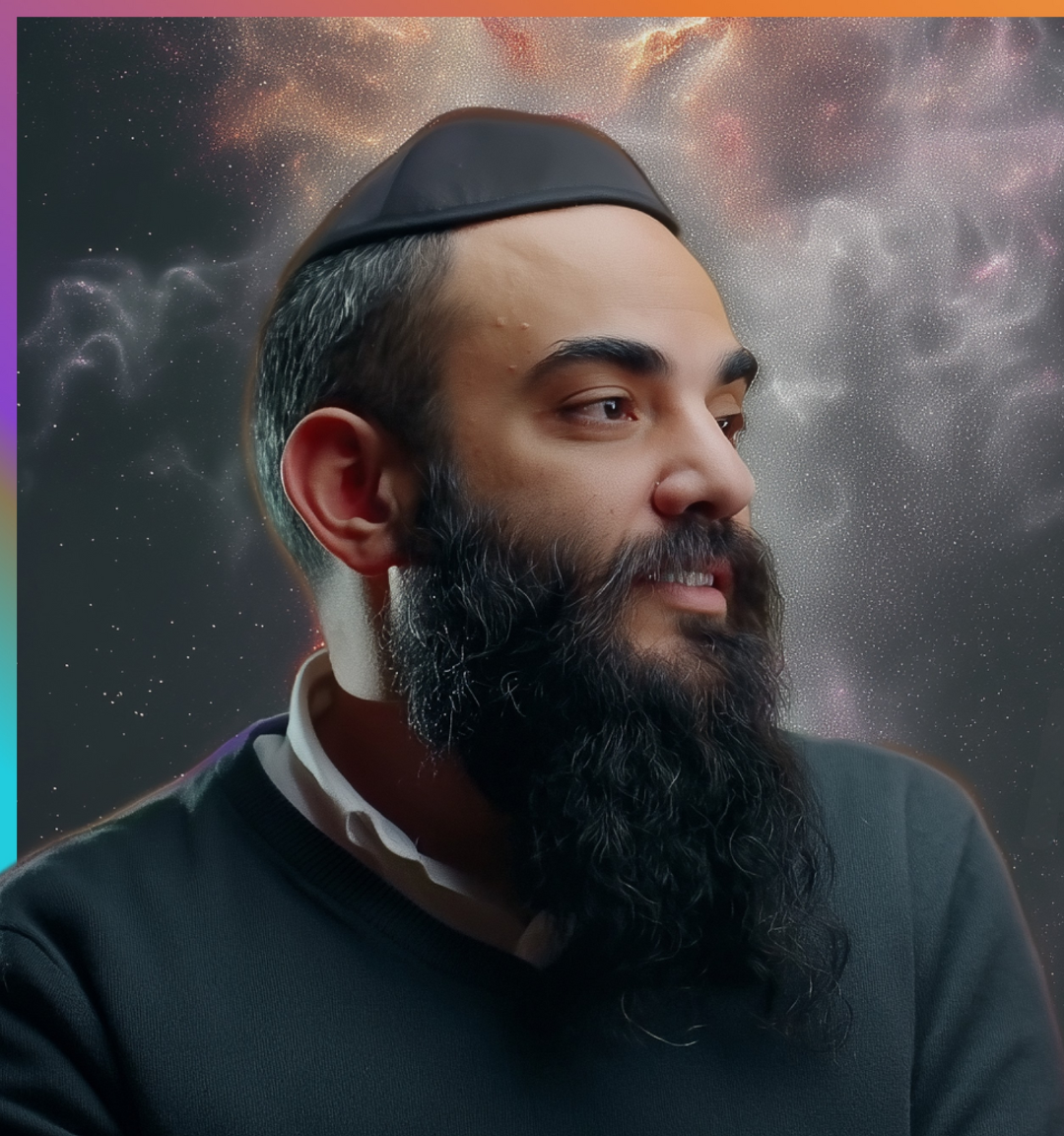We Need Mysticism Now More Than Ever
There are many doorways to mysticism. The great Rabbi Shlomo Freifeld once made…

There can be more to the world and our experiences than what can be quantified. Mysticism is about transcendence of all kinds.
Rav Joey Rosenfeld’s entryway into mystical thought began with the writings of Franz Kafka and Albert Camus.
There are many doorways to mysticism. The great Rabbi Shlomo Freifeld once made…

Ever since I was a little child, I was fascinated by mysticism. In…

What does mysticism offer a chaotic world? This week, Joey Rosenfeld, therapist, teacher,…

In this episode of the 18Forty Podcast, we sit down with Joey Rosenfeld, social worker and kabbalist, to talk about the differences between mysticism and rationalism and the roles they should play in our lives.
In this episode of the 18Forty Podcast, we sit down with Joey…
In this episode of the 18Forty Podcast, we sit down with Dr.…
In this episode of the 18Forty Podcast, we sit down with Rav…
In this episode of the 18Forty Podcast, we talk to renowned Chabad…
In this episode of the 18Forty Podcast, we talk to Chava Green—an…
In this episode of the 18Forty Podcast, we talk to Yosef Bronstein—a…
In this episode of the 18Forty Podcast, we talk to Eli Rubin—a…
Shalev, Author of Rabbi Yitzchak Hutner’s Theology of Meaning, talks existentialism, individualism,…
In this episode of the 18Forty Podcast, we speak with Philip Goff.
In her Hasidic Commentary on the Torah, Ora Wiskind brings readers inside the world of Hasidic exegesis. Exploring Hasidic literature from within and without, Ora’s work is both deeply spiritual and deeply informed by scholarship. With her background in literature and long leadership as a thinker and writer about Hasidut, Ora shines a light into the methodologies and meaning structures that guide Hasidic commentary.
Rabbi Aryeh Kaplan’s classic Inner Space has been the doorway to mysticism for many readers and seekers since its publication decades ago. One of the greatest expositors of the esoteric in the twentieth century, Kaplan’s lucidity and insight have aged well, and Inner Space is still one of the first stops for those looking to grow more comfortable with the idiosyncratic language and key concepts that comprise Jewish mysticism. Although dry at times, Kaplan’s guide offers the contemporary reader an access point to the esoteric – it’s worth a few dry-eyed pages.
Much of the important shifts in Kabbalistic study and ideas was birthed from the mystical community – the chaburah – which serves as a reminder that even the most esoteric wisdom is always interpersonal as well. Sarah Yehudit Schneider’s You are What You Hate, based on a text by the Komarna Rebbe, R. Yitzchok Safrin, serves as a guidebook to living in greater spiritual sensitivity in your social plane. This book pairs well with Rabbi Kalonymus Kalman Shapiro’s Bnei Machshavah Tovah, a spiritual guide to living in a spiritual community, translated by Yaacov David Shulman in Experiencing the Divine. Mysticism is lived within and between people, and this book helps readers apply the wisdom of mysticism to interpersonal life.
Support Jewish explorations today by supporting 18Forty. Your partnership makes our work possible.
Donate today.



